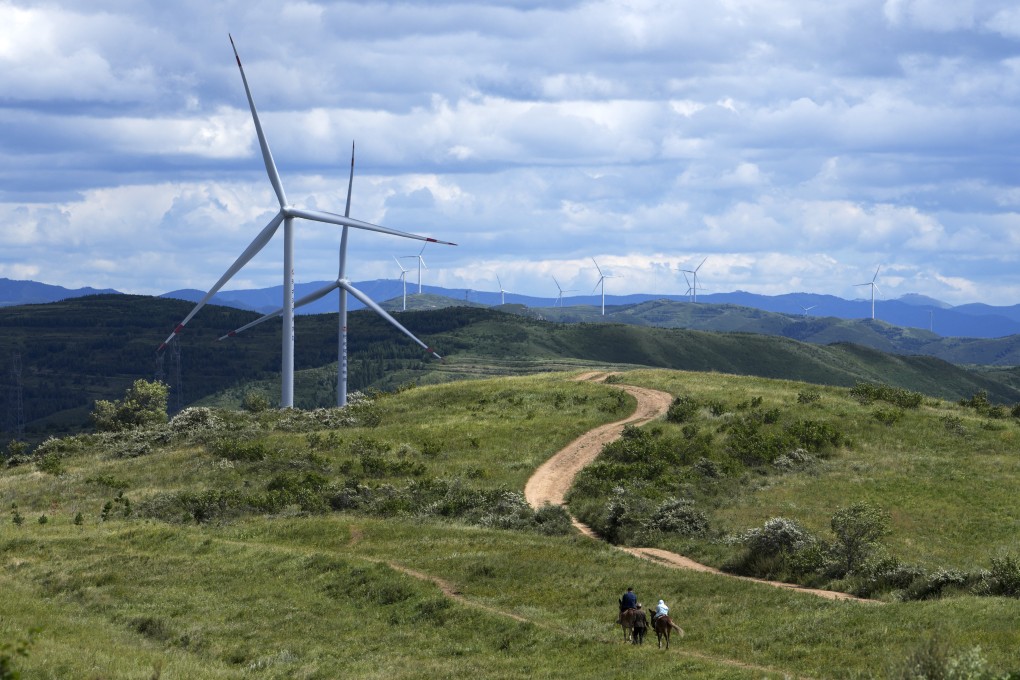The View | Xi Jinping’s ‘Green Leap Forward’ will shape China’s environmental future
- The Chinese leader’s support for environmental protection will ensure it continues to play a big role in domestic policy
- While improvements to the environment testify to the government’s commitment to its green agenda, challenges remain to realise China’s aspiration of ecological civilisation

His statements suggest that what has come to be described as a “Green Leap Forward” will continue to play a significant role in Chinese domestic policy.
China’s strong economic growth in recent decades has come at enormous environmental and ecological costs. In more recent times, Beijing has sought to improve the condition of the local environment and protect it from further degradation.
A key aspect of the Green Leap Forward is Xi’s belief in the importance of environmental protection, as reflected in his “two mountains” saying. He first likened green mountains to gold mountains in 2005 when he was secretary of the Zhejiang Provincial Party Committee, to express the view that clear waters and green mountains are as valuable as gold and silver mountains. This view is reflected in domestic policies such as the national green development push, green agricultural development and other sustainable development policies.

